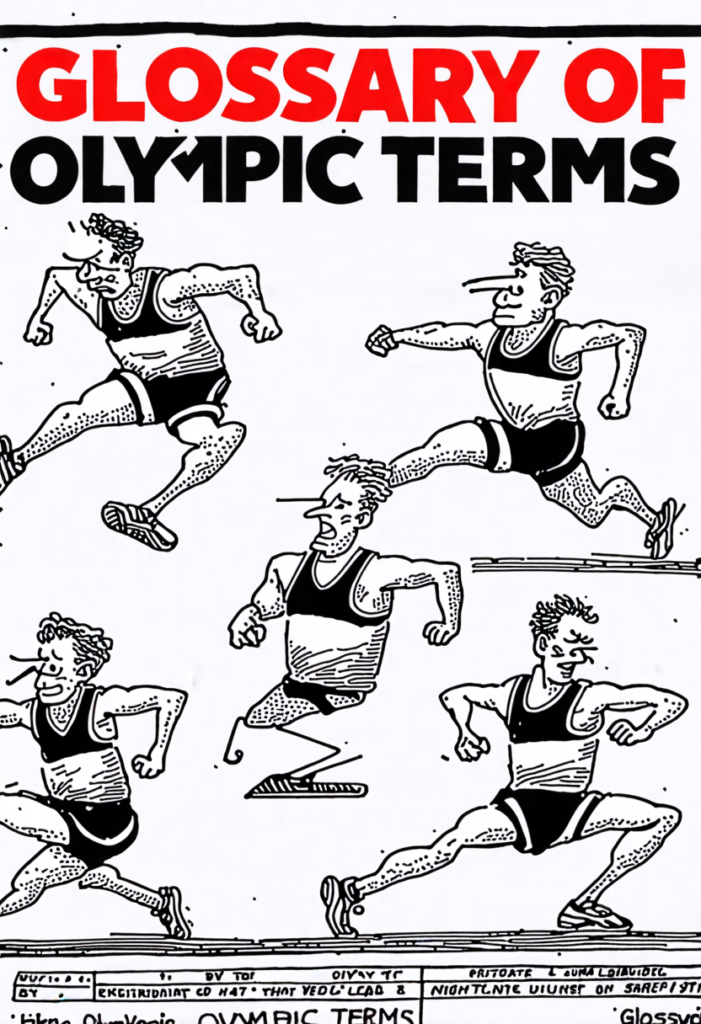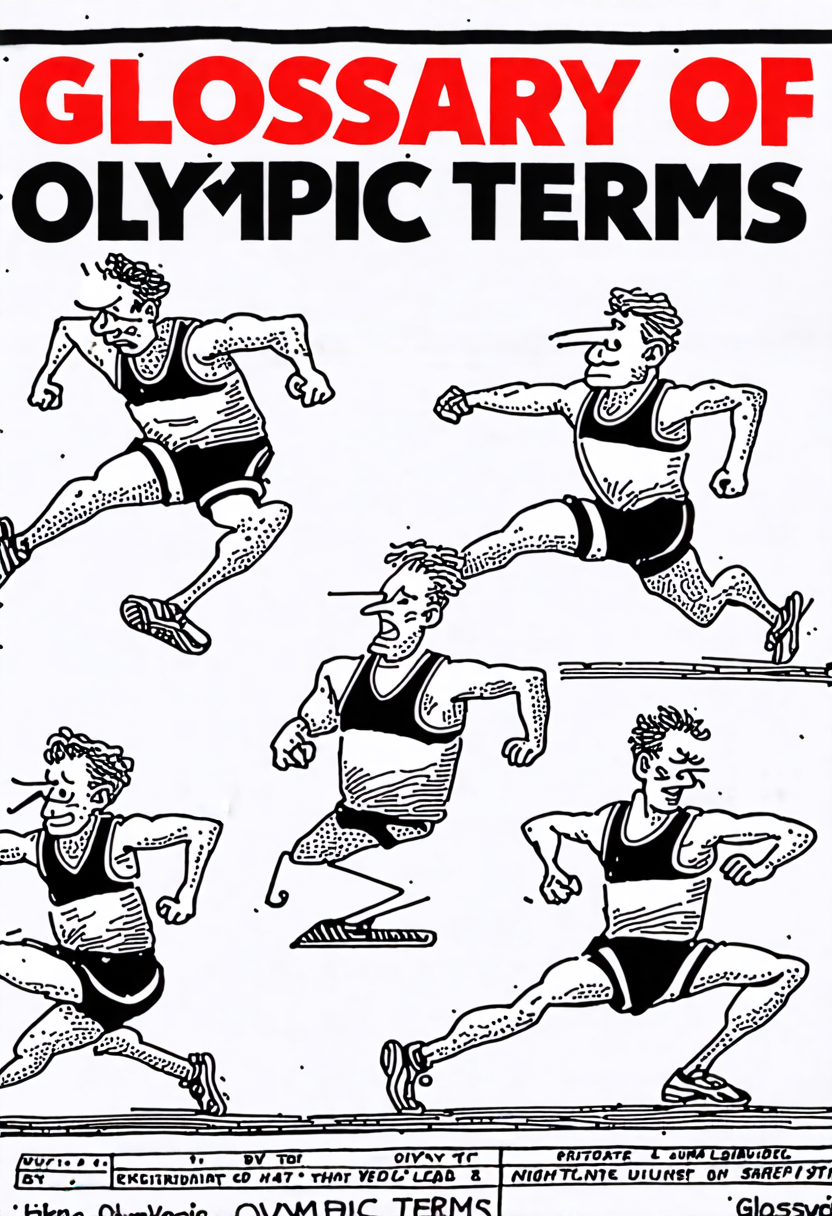Glossary of Olympic Terms
Understanding the unique terms associated with the Olympic Games is essential. Roles like the host country and lighters of the cauldron are vital for organizing and symbolizing the event. Events span various sports such as athletics, swimming, and gymnastics, each with specific formats like individual or team competitions. Venues like stadiums and arenas are tailored to each sport’s needs, ensuring peak performance. The Athletes’ Village offers living spaces and amenities, while media centers facilitate global coverage.
Key Roles and Participants
In the Olympic Games, several key roles and participants contribute to the success and spirit of the event. The host country plays an essential role in organizing and managing the Games. It showcases its culture, infrastructure, and hospitality. The host is responsible for providing suitable venues and accommodations for athletes and spectators.
Another significant role is that of the lighters. These individuals, often prominent figures or athletes, ignite the Olympic cauldron to symbolize the start of the Games. This moment represents unity and celebration, marking the official commencement of the events.
Together, the host and lighters exemplify the Olympic values of excellence, friendship, and respect, ensuring a memorable and well-executed event.
Types of Olympic Events
The Olympic Games offer a wide array of events, each with distinct competitions and rules. These events encompass a broad range of sports such as athletics, swimming, gymnastics, and cycling. Each sport includes multiple events.
For example, swimming features races of different lengths and strokes, while gymnastics includes apparatus like the vault and balance beam. Some events are individual, where athletes compete alone, while others are team events, requiring coordinated group efforts. There are also combined events, like the decathlon, which test versatility across multiple disciplines.
Equestrian events are unique for involving both rider and horse. The variety of events provides a thorough display of athletic talent and skill, appealing to a wide audience.

Olympic Venues and Facilities
Hosting the Olympic Games demands state-of-the-art venues and facilities to accommodate various sports and events. These venues include stadiums, arenas, and specialized facilities like the velodrome for cycling. Each venue is designed to meet the specific needs of its sport, ensuring peak performance and safety for athletes.
Olympic facilities also include the Athletes’ Village, where competitors reside during the Games. This village offers accommodations, dining, and recreational areas. Additionally, media centers are established to support global coverage of the events.
The host city often invests heavily in these infrastructures, aiming to leave a lasting legacy. Post-Games, these facilities may be repurposed for public use or future sporting events, contributing to the city’s long-term development.








